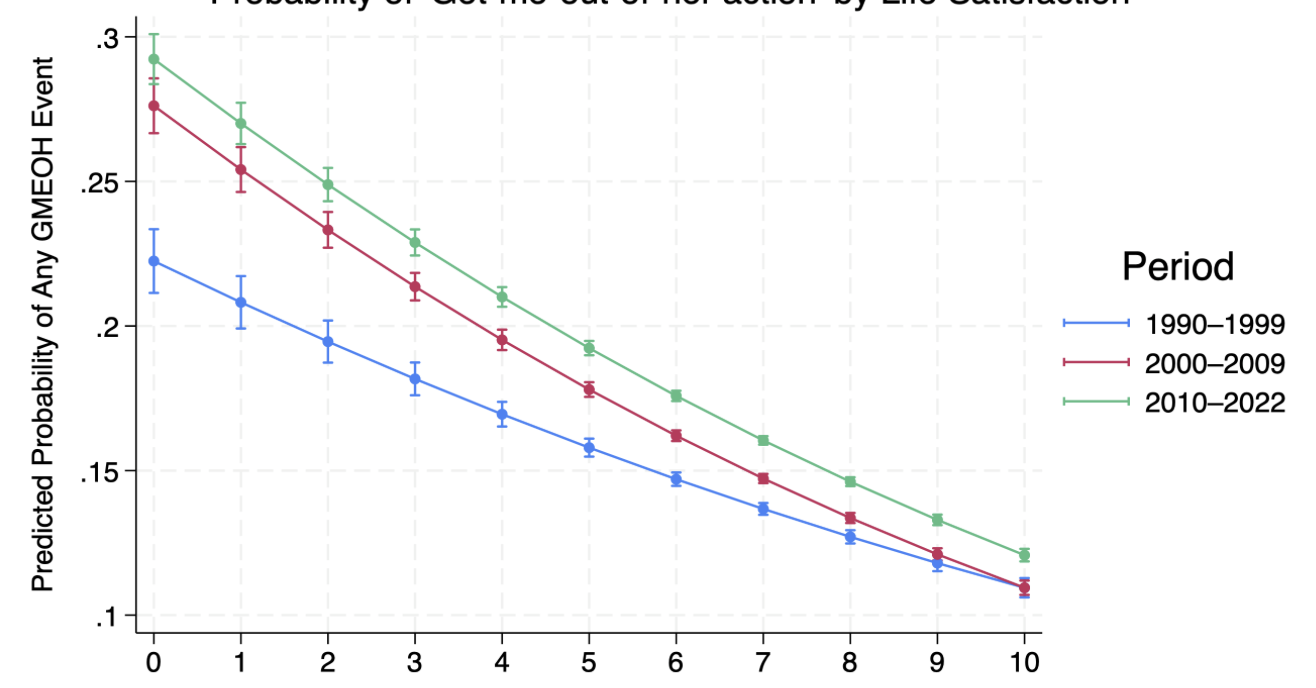Part A (20 mins.)
In this exercise, we’ll imagine that you’re planning to donate to a charity to improve global health, and explore how much you could do with that donation.
GiveWell is an effective altruism-inspired organization which attempts to identify outstanding donation opportunities in global health and development. Using this tool to estimate your future income and Givewell’s reports on their top charities, try and work out what you could achieve if you donated 10% of your lifetime income to one of these charities.
If you’re short on time, here’s a sheet with information about three top GiveWell charities. If you’d like to explore further, check out GiveWell’s cost effectiveness models.
Complete this exercise for three GiveWell charities, writing down your answer like, e.g.:
Malaria Consortium: X cases of malaria prevented, with an estimate of N deaths averted
Part B (10 mins.)
In the last section, you ended up with a few different options. Now imagine you were given $1,000 to donate to only one of these charities.
There's a difficult judgment to be made now: since you have to pick, which charity would you donate to to do the most good?
Now write down your answer to the following questions:
Which charity do you pick to donate to? Why?
Part C (Optional, 10 mins.)
What are other decisions in your life that you might consider generating quantitative estimates and comparing outcomes for?



Part A
Math + surface level considerations based on the information in the links (I'm new here):
Hellen Keller International
- lives saved: 23
- vitamin A supplements administered: 79 977
- evidence of impact: strong
- has room for more funding
Malaria Consortium
- lives saved: 16
- children seasonally protected from malaria: 11 425
- evidence of impact: exceptionally strong
- has room for more funding
Against Malaria Foundation
- lives saved: 14,5
- anti-malaria nets purchased: 15 995
- iirc the nets last for ~3 years (probably taken into account by GL already)
- it's a well-known charity within the EA community (to the point it's become a meme) so I cautiously assume it gets more funding than the others/is somewhat less neglected
- added factor of insect suffering? (how much suffering does dying from insecticides generate vs the alternatives)
New Incentives
- lives saved: 16
- children vaccinated: 500
- I assume the effects are long-lasting, so even if HKI or MC interventions are cheaper per person, NI vaccinations could be more effective when compared one to one (?)
- evidence of impact: strong
Part B
I'm hesitating between HKI and NI, so I'll use the numbers to break the tie/as a correction for my scope neglect and go with Hellen Keller International (they also stated they have more room for funding)
Part C
- impact of different career paths I'm considering
- I need to finally do an evaluation of the most effective food so I can just buy beans or legumes in bulk and not make calculations every time I'm grocery shopping
- impact of learning/self-development vs what else I could be doing in this time